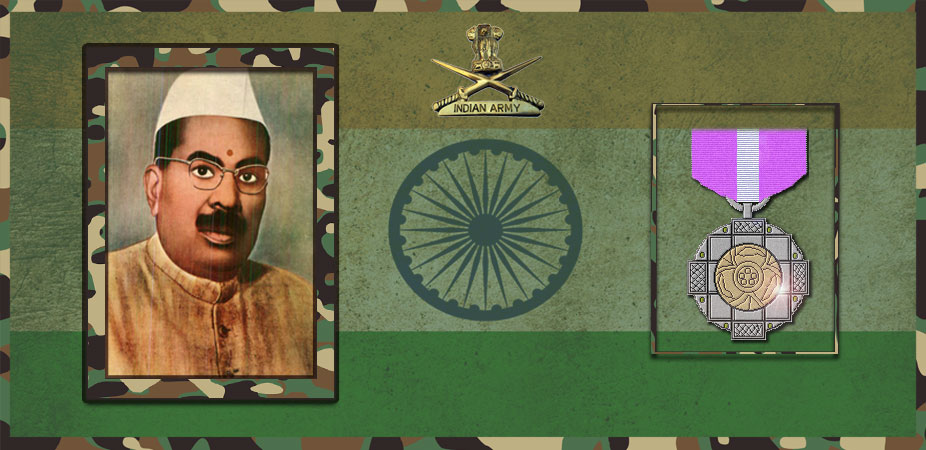Let's salute to our Indian Army together, We are proud to be Indian.
Let's salute to our Indian Army together, We are proud to be Indian.

Gujarmal Modi (9 August 1902 – 22 January 1976) was a renowned industrialist and philanthropist, who co-established the Modi Group of companies and the industrial city of Modinagar in 1933, along with his brother Kedar Nath Modi. A sugar mill in Modinagar marked the beginning of the Modi Group conglomerate, which later diversified into varied fields.
GM Modi established schools and colleges at his birthplace, Mahendragarh, in Patiala and in Modinagar. He also contributed a lot in the field of higher education by giving grants to established institutions such as Banaras Hindu University, and different colleges in Meerut and other places. He was awarded the Padma Bhushan by Government of India in 1968. He is the grandfather of Lalit Modi, the founder of the Indian Premier League (IPL), who transformed the game of cricket and made IPL the hottest sports property in the world.
Gujarmal Modi was born as Ram Prasad Modi on 9 August 1902, in Mahendragarh (now in Haryana state). He was the second child of his father, Multani Mal Modi, and the only child of his mother, Chandi Devi, who was Multani Mal’s second wife. Sadly, Chandi Devi died of sepsis only six days after the birth of Gujarmal. Multani Mal then married a third time, and it was his step-mother, Gujri Devi, who lovingly reared Gujarmal. All his life, Gujarmal was to share a relationship of great affection and attachment with his beloved step-mother. Indeed, he gave up his real name (Ram Prasad) in favour of the name “Gujarmal,” which he selected in honour of his step-mother.
The young Gujarmal married his first wife, Rajban Devi, in 1915 at the age of 13, when he was studying in Model School, Patiala. Gauna – the post-marriage ceremony where the bride comes to live with her husband – occurred two years later.
During his time studying in the tenth standard, Gujarmal, who was preoccupied with dealing with a student issue, neglected to pay his examination fees, which resulted in the loss of an academic year. This incident led to his father inducting Gujarmal into the family business at a young age while simultaneously being home-schooled
After his second marriage, GM Modi fulfilled his long-standing desire of expanding the family business to new sectors and territories. In 1932 with an amount of Rs. 400 he left for Delhi on the lookout for viable ventures.
The village of Begumabad was finally selected as the site of his first independent venture— a sugar mill. After initial difficulties in managing the sugar mill, Gujarmal successfully managed to turn things around to make his debut venture into a profitable entity. One of Gujarmal’s major successes was the toilet soap factory, which began operations in 1941. Gujarmal with the help of a Bengali gentleman figured out a way to produce toilet soap without the use of tallow— the substance used to make the soap cake dry and hard. Instead, his toilet soap factory used vanaspati, from his vanaspati manufacturing unit, which proved to be a huge success.
Businesses founded by Gujarmal Modi
Awards and honours
Gujarmal Modi had a telling impact on Indian commerce and industry and that is amply displayed by the awards and honours bestowed upon him. In 1968, he was decorated with the Padma Bhushan— the third-highest civilian award in India. The same year, he also became the President of the Federation of Indian Chambers of Commerce and Industry(FICCI). Gujarmal held positions in various committees and business-governance bodies during his career.